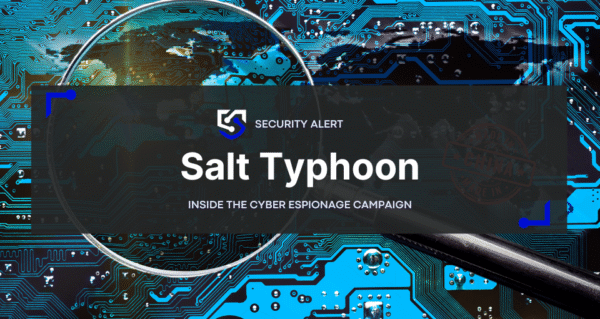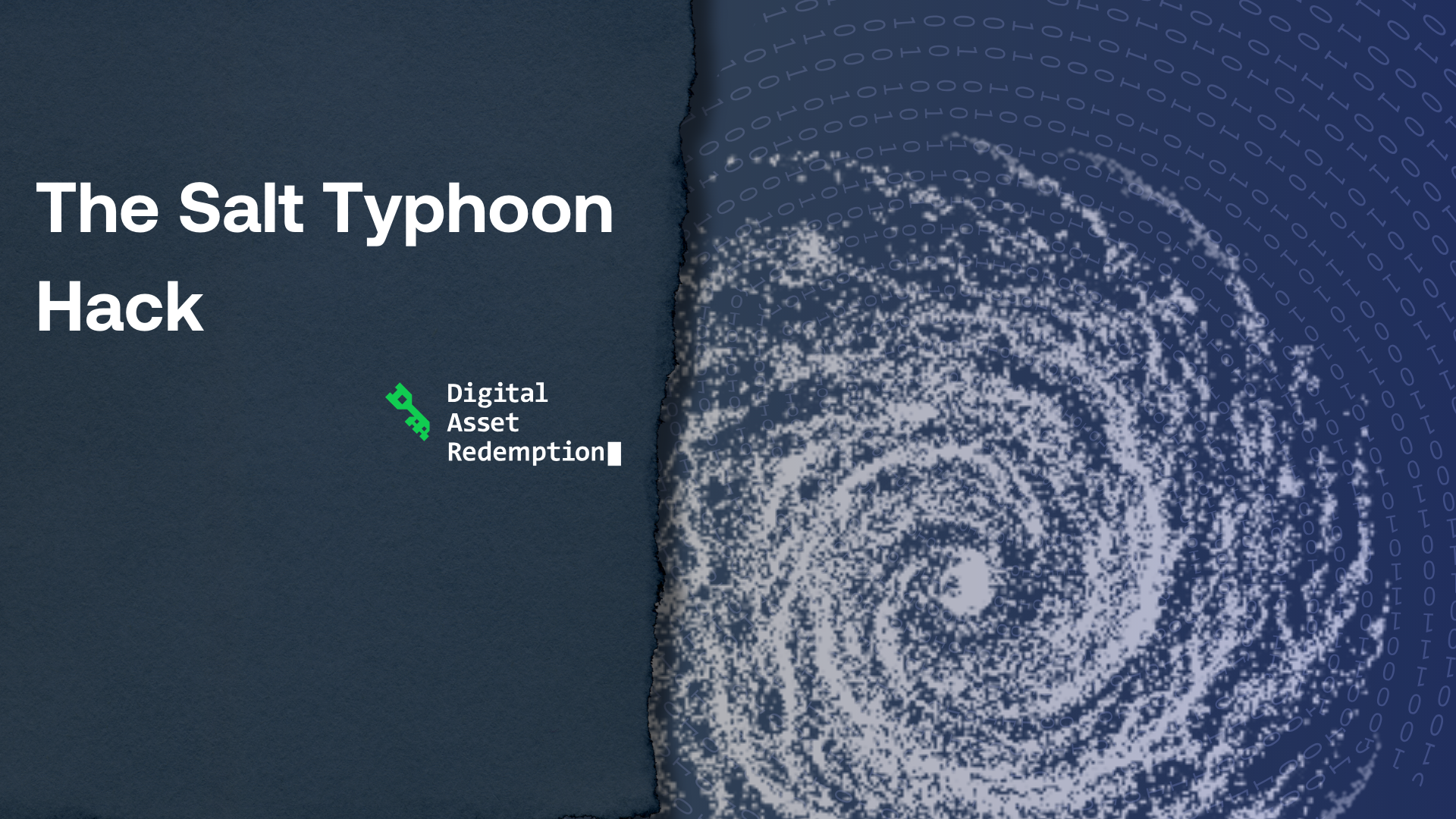The Salt Typhoon hacking campaign has targeted over 80 countries and hundreds of U.S. firms. Learn what it means for data, security, and everyday people.

A New Cybersecurity Storm
Imagine waking up one day to find your private calls, texts, and emails no longer private. That is the reality behind Salt Typhoon, the latest and most dangerous hacking campaign making global headlines.
This is not just another cyber scare. Salt Typhoon has spread across more than 80 countries and has already affected hundreds of U.S. organizations. Experts warn that nearly every American could have had their data touched by this attack.
Scary, right? Let’s break it down.
What Is Salt Typhoon?
Salt Typhoon is not a group of random hackers. It is believed to be state-backed, with serious resources and skill.
Unlike small cybercrimes that aim for quick money, Salt Typhoon targets the backbone of communication. It focuses on telecom systems, routers, and networks that connect the world.
They don’t just want your password or your email. They want everything—from phone call records and text messages to government security systems.
If that feels unsettling, it should. Salt Typhoon shows us how fragile our digital world truly is.
How Big Is the Impact?
The damage is huge. More than 200 U.S. companies are already on the list of victims. Thousands of individuals may have lost personal data.
Even government systems, including networks tied to the military and National Guard, were silently exposed for months.
For regular people, this could mean private conversations, bank details, or personal files ending up in the wrong hands. For small businesses, it could mean losing trust and survival.
Why Does This Matter?
Cyber attacks are no longer just about stolen files or broken systems. They are about power and control.
Hackers like Salt Typhoon can break into critical systems. They gain the ability to disrupt economies. They can weaken security and create global fear.
This is why governments are calling it one of the biggest cyber espionage operations ever discovered.
Political moves can reshape nations—such as the Trump administration’s changes in Washington. Salt Typhoon reminds us of the power of a single decision. One breach can impact millions of lives around the world.
The Human Side of Cyber Attacks
It’s easy to think that hacking is just a problem for big corporations. But let’s not forget who suffers the most—people like us.
Imagine your phone being tapped. Your private chats being read. Or your small online business suddenly crashing because its system was compromised.
That’s not just technology being attacked. That’s trust, safety, and everyday life being shaken.
This is why cybersecurity isn’t just about machines. It’s about protecting people, families, and communities.
For more stories on how global decisions hit everyday people, check our post on why CDC officials resigned.
What Can You Do?
You might not be able to stop Salt Typhoon alone, but you can take steps to protect yourself:
- Update your devices. Install all security patches as soon as they’re available.
- Use secure networks. Avoid public Wi-Fi for sensitive tasks and use trusted VPNs.
- Stay alert. Watch for strange logins, unknown messages, or anything suspicious.
These small actions can make a big difference.
If you’re curious about global perspectives on issues like this, visit America112.
Final Thoughts
Salt Typhoon is more than a headline—it’s a warning. It tells us how connected we are, and how vulnerable we can be.
But there’s hope. With awareness, teamwork, and stronger defenses, we can fight back. We can make the digital world safer.
Because at the end of the day, cybersecurity is not about protecting computers. It’s about protecting us—our privacy, our families, and the trust we live by every day.
✅ Stay connected with Recital Blog for more stories that explain the world in simple, human terms.

